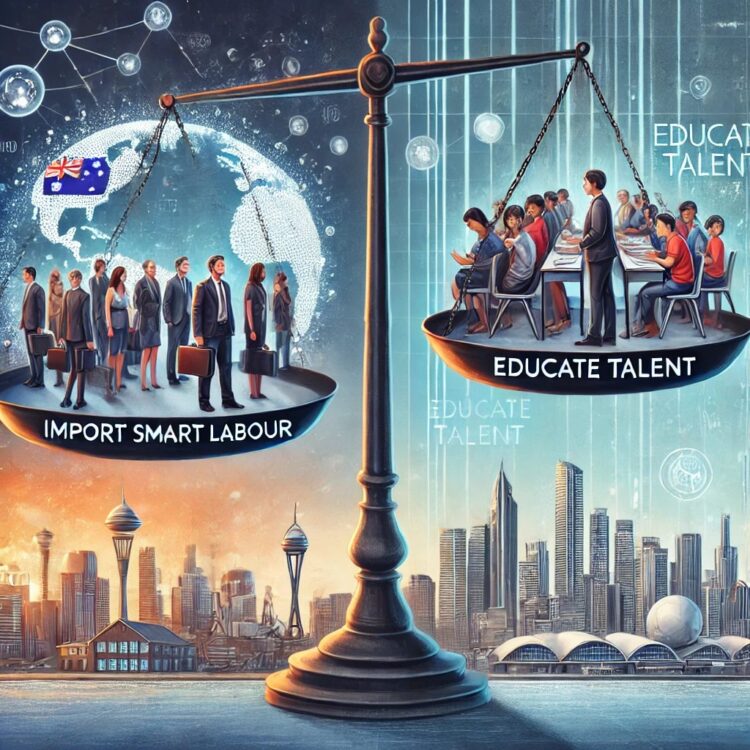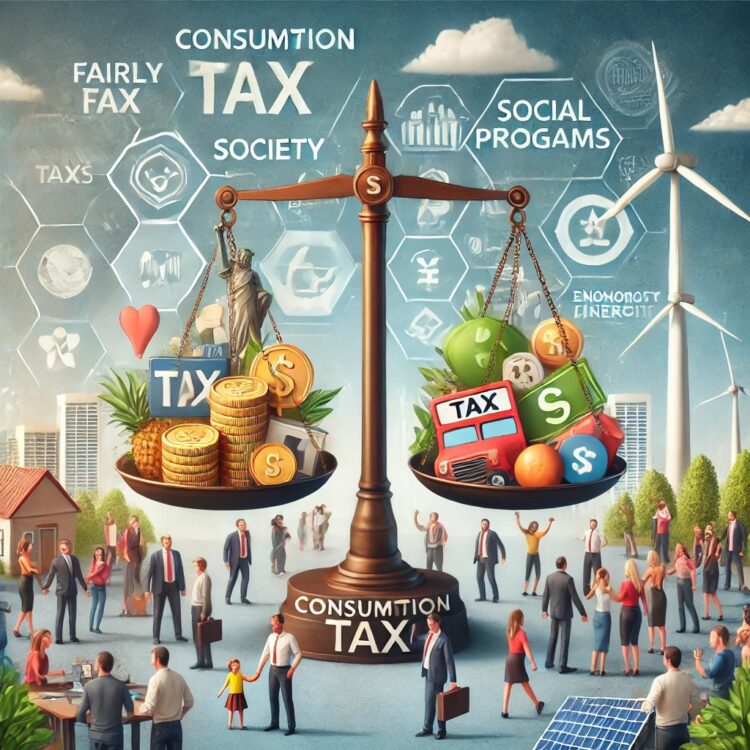Should We Import Smart Labour or Educate Our Own?
Should We Import Smart Labour or Educate Our Own?By Michael J. Tyler #H-1B #Musk As nations strive to maintain economic competitiveness in an increasingly globalised world, the debate between importing skilled labour and investing in domestic education remains pivotal. In Australia, this discourse carries particular weight as the nation grapples with an ageing population and […]
Read MoreAI-DR in Alternative Dispute Resolution (ADR): Revolutionising Conflict Resolution
AI-DR in Alternative Dispute Resolution (ADR): Revolutionising Conflict Resolution By Michael J. Tyler Artificial Intelligence in Dispute Resolution (AI-DR) represents a transformative development in the field of Alternative Dispute Resolution (ADR). By integrating advanced computational capabilities into dispute resolution processes, AI-DR enhances efficiency, accessibility, and impartiality in resolving conflicts. Understanding what AI-DR entails and how […]
Read MoreADR, ODR, and AI-DR: The Evolution of Dispute Resolution in Australia
ADR, ODR, and AI-DR: The Evolution of Dispute Resolution in Australia By Michael J. Tyler The landscape of dispute resolution in Australia is undergoing a significant transformation, driven by advancements in technology. Traditional methods are being complemented and, in some cases, supplanted by Alternative Dispute Resolution (ADR), Online Dispute Resolution (ODR), and Artificial Intelligence in […]
Read MoreWalking on the “Wrong” Side of the Footpath: Time to Rethink This Convention?
By Michael J. Tyler Walking on the footpath is an everyday activity that most of us take for granted. However, even something as seemingly straightforward as walking has its unwritten rules. In Australia, the convention of keeping to the left side of the footpath often mirrors our road rules. But is this convention still relevant, […]
Read MoreBridging Divides: The Synergy of Negotiation and Nonviolent Action in Modern Conflict Resolution
By Michael J. Tyler Conflict is an inevitable aspect of human interaction, arising in various contexts—from interpersonal relationships to international disputes. In addressing conflict, two primary approaches stand out: negotiation and nonviolent action. Although often perceived as distinct or even oppositional, these methods share overlapping principles and can be strategically combined to achieve effective and […]
Read MoreThe Consequences of Anti-Gay Attacks and Legal Ramifications in Australia
By Michael J. Tyler Recent homophobic attacks targeting gay men in Sydney highlight a disturbing trend of violence facilitated by social media platforms. These crimes, involving luring victims through dating apps and subjecting them to physical assault, robbery, and public humiliation, have significant social and legal implications. Beyond individual harm, these incidents perpetuate fear, erode […]
Read MoreHow Social Media Amplifies Negative Behaviours and Misogynistic Beliefs
By Michael J. Tyler Social media has transformed how we connect, communicate, and consume information. While its benefits are undeniable, the darker side of these platforms often goes unnoticed or unchallenged. Among the more troubling aspects is how social media amplifies negative behaviours and perpetuates misogynistic beliefs, creating a fertile ground for harmful ideologies to […]
Read MoreHow ADR Can Facilitate Law of the Sea Disputes
By Michael J. Tyler Alternative Dispute Resolution (ADR) has become a transformative force in modern legal practice. Its application in resolving conflicts under the United Nations Convention on the Law of the Sea (UNCLOS) demonstrates its capacity to facilitate innovative, efficient, and peaceful outcomes. The law of the sea, inherently complex and often entangled with […]
Read MoreOpinion: How a Consumption Tax Helps the Poorest in Society
By Michael J. Tyler The notion of a consumption tax, often met with scepticism due to its perceived regressive nature, can in fact be a transformative instrument in reducing poverty and fostering economic equity. A well-designed consumption tax not only shifts the tax burden more fairly across income groups but also encourages savings and investment, […]
Read More








